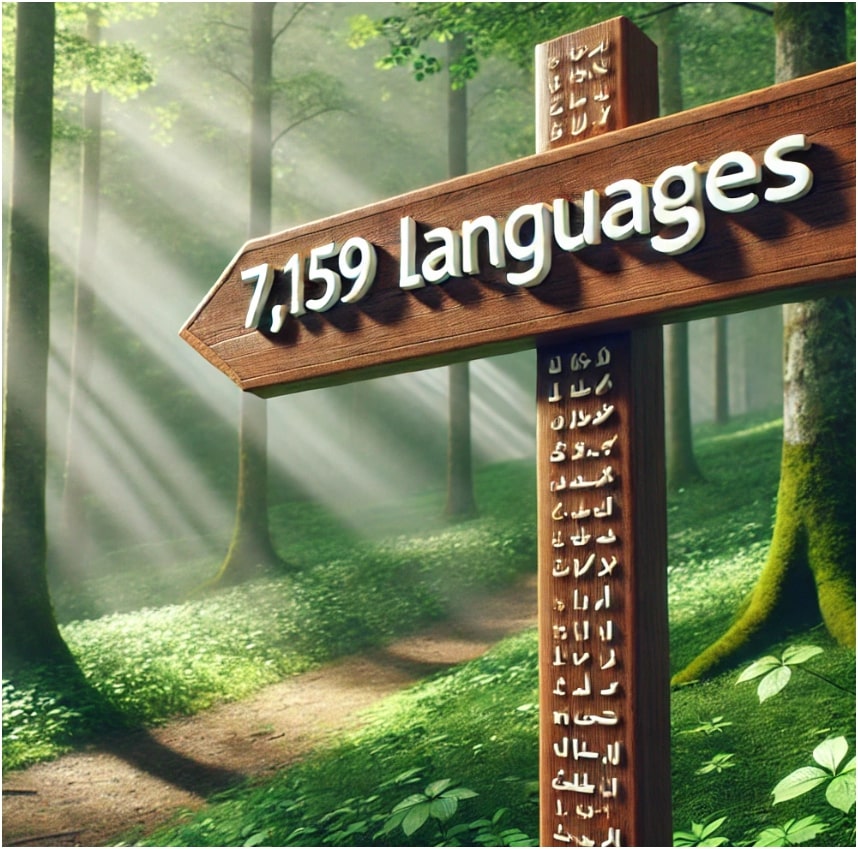Example of Not Hearing Sounds Correctly
China has a very famous beer called Tsingtao beer. In 1898, Germany took control of Qingdao (a major port city in China) because of the Juye Incident.
Since the Germans love beer, they created a unique beer using the special water from Laoshan Mountain.
They wanted to name the beer after the city in which it was brewed. However, to the western ear, the Chinese Q sounds like TS. To the Chinese, these are completely different sounds, but to outsiders they sounded the same.
In addition, to the western ear, the Chinese D sounded like T.
Qingdao
Tsingtao
This is the reason why the LA would be so helpful in learning foreign languages. If the Germans had the LA 100 years ago, it would be called Qingdao Beer and not Tsingtao Beer.





















